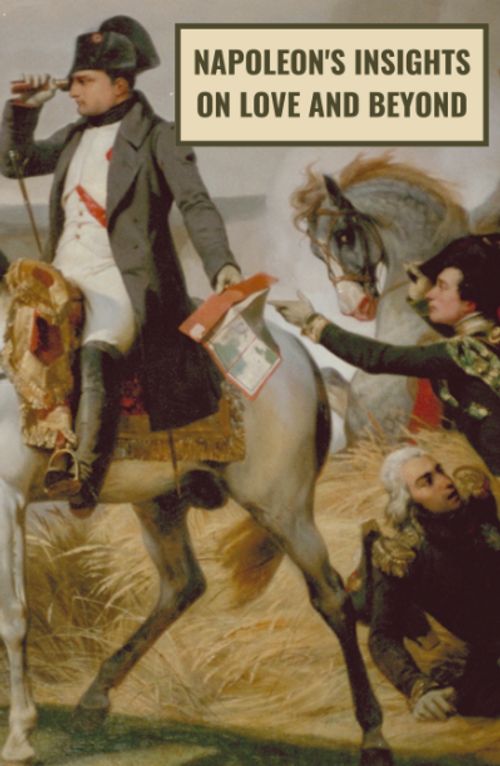How Napoleon Planned Wars
May 06, 2022 · 2 mins read
0
Share

Napoleon on his destiny: "A superior power pushes me towards a goal of which I know nothing; as long as it has not been attained I am invulnerable, unshakeable; as soon as I am no longer necessary for it, a single step will suffice to topple me."
Save
Share
On Superstitions: "Superstitions are the legacy left by one century's clever people to the fools of the future." Superstitions are mental shortcuts which are helpful when a detailed explanation would be too time-consuming. But superstitions ossify and become counter-productive.
Save
Share
Napoleon on how he planned wars: "There is no man more pusillanimous than I when I am planning a campaign." In the planning stage, Napoleon exaggerated, in his mind "all the dangers and calamities" possible. But while fighting, he forgot everything "except what lead to success."
Save
Share
Napoleon's relationship with power: "I too love power—but I love it as an artist. I love it as a musician loves his violin. I love it for the sake of drawing sounds, chords, and harmonies from it." Napoleon sought power not for the sake of control, but to create something new.
Save
Share
How to police: "The art of the police consists in punishing rarely and severely." Power should mostly be invisible from people's everyday lives: "Authority should make itself felt as little as possible and should not weigh on the people needlessly."
Save
Share
Those who abuse power ultimately taste their own medicine: "A sultan who cut off heads from caprice, would quickly lose his own in the same way. Excesses tend to check themselves by reason of their own violence. What the ocean gains in one place it loses in another."
Save
Share
On love: "The ivy clings to the first tree it meets. This, in a few words, is the story of love." The surprise and satisfaction of first love is hard to shake off. To love another person is to fall into their gravity - a lot depends on who we happen to meet first.
Save
Share
On Louis XVI, who was executed by guillotine in the French Revolution: "When Louis XVI was put on trial, he should have simply said that according to law his person was sacred, and left it at that. This would not have saved his life, but he would've died a king."
Save
Share
On the strange power of public opinion: "Public opinion is an invisible power, mysterious and irresistible. Nothing is more mobile, nothing vaguer, nothing stronger. No matter how capricious, it nonetheless is truthful, reasonable, and just, far more often than one would think."
Save
Share
A leader cannot fight the dominant ideas of his time: "Lead the ideas of your time and they will accompany and support you; fall behind them and they drag you along with them; oppose them and they will overwhelm you."
Save
Share
0




